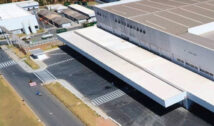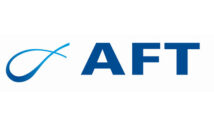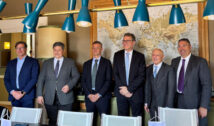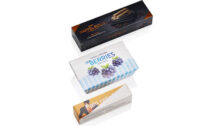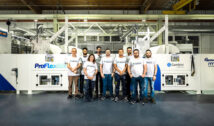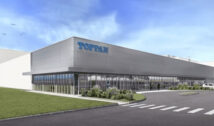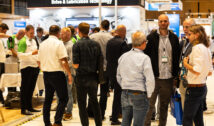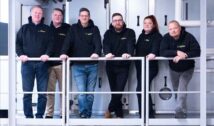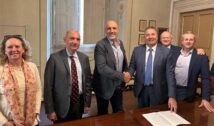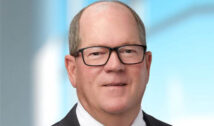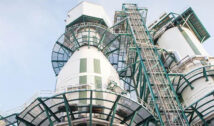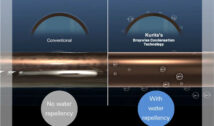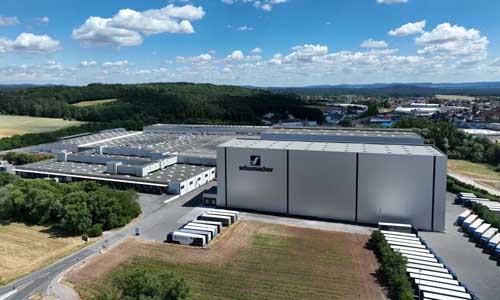
Turnover up by almost 40 percent: Europe-wide manufacturer of corrugated and solid board packaging grows in crisis year
The Schumacher Packaging Group, one of Europe’s largest manufacturers of customised corrugated and solid board packaging (www.schumacher-packaging.com), has successfully continued its growth trajectory in 2022. Despite high volatility and difficult economic conditions on the world markets, the company was able to increase its annual turnover by almost 40 percent to around 1.2 billion euros (after sales deductions) compared to the previous year. Decisive factors for the strong growth were the development of new product fields and strategic decisions.
The sales target of 1 billion euros was clearly exceeded across all the whole Group. However, no growth was achieved in the core business areas. Against the backdrop of increased energy prices, strong inflation and falling consumption, which shaped market events with the outbreak of the war against Ukraine, the packaging specialist’s sales remained almost constant compared to the previous year. The growth in sales was mainly achieved through the acquisition of additional plants and the development of new product fields to meet the demand for plastic reduction, especially from the food industry, but also from online retail. The number of employees rose from 3,700 to 4,111 in the past calendar year.
Top priority: security of supply and production capacities
“Last year, our top priority was to secure supplies to our customers,” explains company boss Björn Schumacher, who, with his brother Hendrik, is the third generation of the family to run the business. “We succeeded in this because, as a family-run company, we act very flexibly and quickly and have made courageous investment decisions – especially in our own paper production and the expansion of renewable energies,” says Schumacher.
Through the acquisition of the Kaierde board mill, the majority stake in the Italian corrugated base paper manufacturer Cartiere Modesto Cardella SpA and the purchase of the Leipzig Land GmbH board mill, the corporate group has significantly increased its own production and processing capacities. In addition, part of the 700 million euro investment programme was already brought forward to last year in order to make energy-intensive production increasingly independent of natural gas.
Nevertheless, the high energy and labour costs are of great concern to the business leaders. “Industrial companies based in Germany are under immense strain. Some of our customers have already informed us that they will no longer make investments in Germany or that they will relocate their production facilities abroad, where the political framework conditions are different. As a result, we are also having to critically question our planned investments in Germany at the moment,” says Schumacher.
Trend: intelligent solutions and combination products
“The turbulent year led to less consumption and caused the demand for corrugated and solid board packaging to shrink compared to the previous year. Nevertheless, the trend towards paper-based packaging and intelligent combination products continues among manufacturers and in the trade,” says Hendrik Schumacher, Managing Director of Schumacher Packaging.
The food industry in particular proved to be crisis-proof in terms of packaging last year. Our product innovations for plastic reduction and avoidance with bio-based protective barriers, such as our trays for fruit, vegetables and other foods, were in high demand.
The company is also developing paper-based solutions for polystyrene parts in packaging, which can even be used for sensitive and heavy electronic products. In areas where plastics still have their place due to their technical properties, the packaging specialist is developing intelligent combination products together with its joint venture partner Verpa Folie.
European packaging regulation: shaping the legal framework
In this context, Schumacher Packaging is also concerned with the new draft of the European Packaging Regulation (PPWR), which the European Commission presented in November 2022. Schumacher Packaging supports the objectives of the regulation, which is intended to reduce the volume of packaging, ban overpackaging and further develop the circular economy in Europe. However, the family-owned company is critical of the fact that the regulation provides for the use of reusable packaging for household appliances and in non-food mail order, even though, according to a recent study by McKinsey, these can cause up to 200 per cent more emissions in online retailing.
“Flexible solutions that reduce air in packaging are important to further reduce CO2 emissions,” Björn Schumacher emphasises. The company also emphasises this, for example, in its cooperation with the software provider Skrym. Based on existing data and artificial intelligence, packaging sizes and thus emissions and logistics costs can be reduced by up to 15 per cent. “Packaging made of corrugated and solid board already offers many advantages in terms of volume reduction and material efficiency – across all industries. We hope that these important aspects will be taken into account for the elaboration of the PPWR.”


